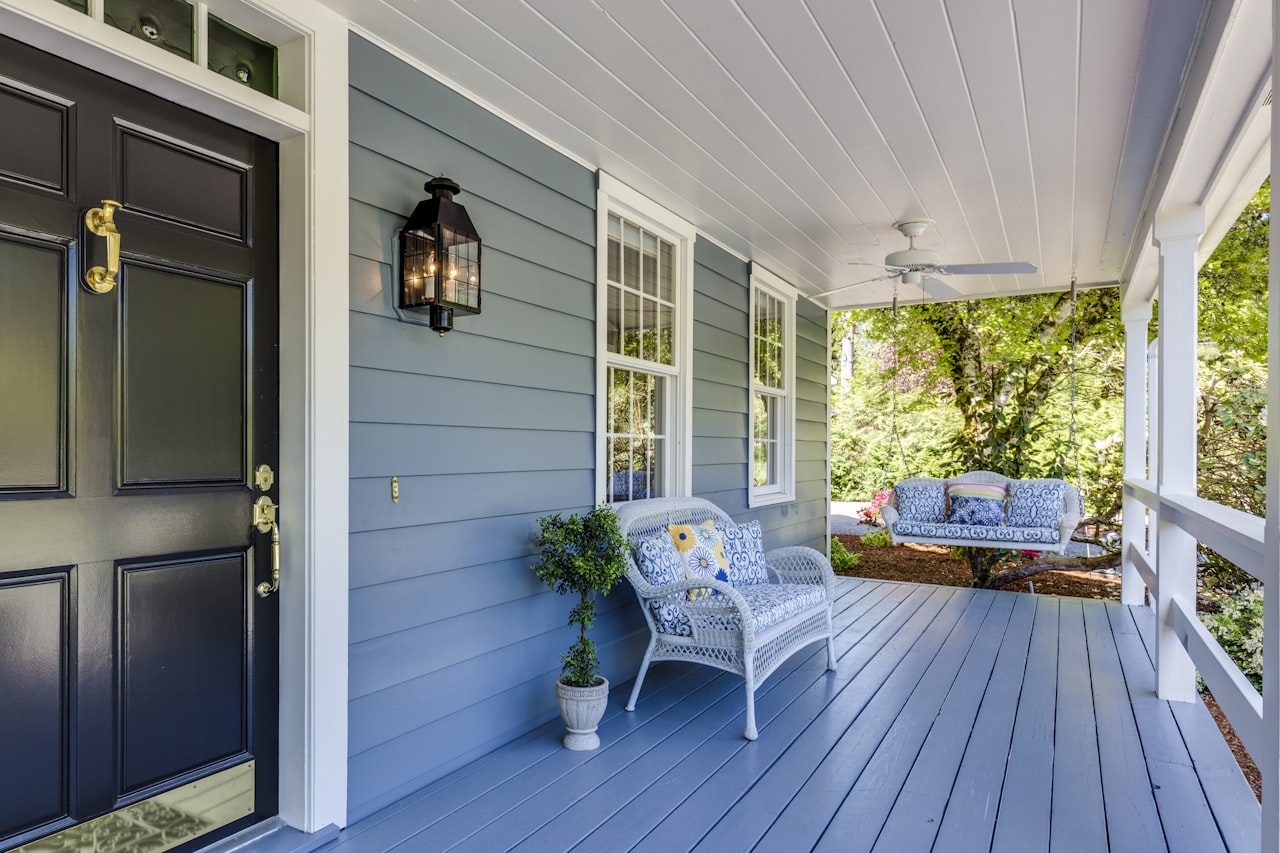Based on HomeMaster’s findings from more than one million home inspections. Here’s a list of the most serious home defects to look out for:
- Aluminum wiring.
- Cracked heater exchange.
- Chimney settling or separation.
- Defective roofing and/or flashings.
- Environmental hazards include radon, water contamination, asbestos, lead paint, and underground storage tanks.
- Horizontal foundation cracks.
- Insect infestation — termites or carpenter ants.
- Major house settlement.
- Mixed plumbing.
- Moisture in the basement.
- Undersized electrical system.
If however you really want to buy the house despite the needed repairs, there are several ways to proceed:
- Ask the seller to allot enough money in the escrow to cover the expense for repairs and instruct the payroll officers to pay the contractors when the work is done.
- The lender can withhold or part or all of the loan amount in the passbook savings account until the work is completed.
- The sellers may give credit for the work. Lenders may disapprove of this last alternative because there aren’t assurances that the repairs will be made.
Hire a qualified home inspector. Their fee usually ranges from $250 and $400. Look for home inspectors who are affiliated with organizations like the American Society of Home Inspectors or the American Association of Home Inspectors. These groups require their members to meet professional qualifications and adhere to specific business ethics. You can also ask for referrals from friends.
When you make an appointment with the home inspector, make sure you’re home. The money and time you spend on this is a wise investment for the future. As he goes through the inspection, ask him about potential problems to expect and what warning signs to look out for. Learn how they work and how to properly maintain them. “A pre-purchase inspection is your best protection against buying a home-based more on emotions, rather than as a sound investment,” says Kuhn of HouseMasters.














